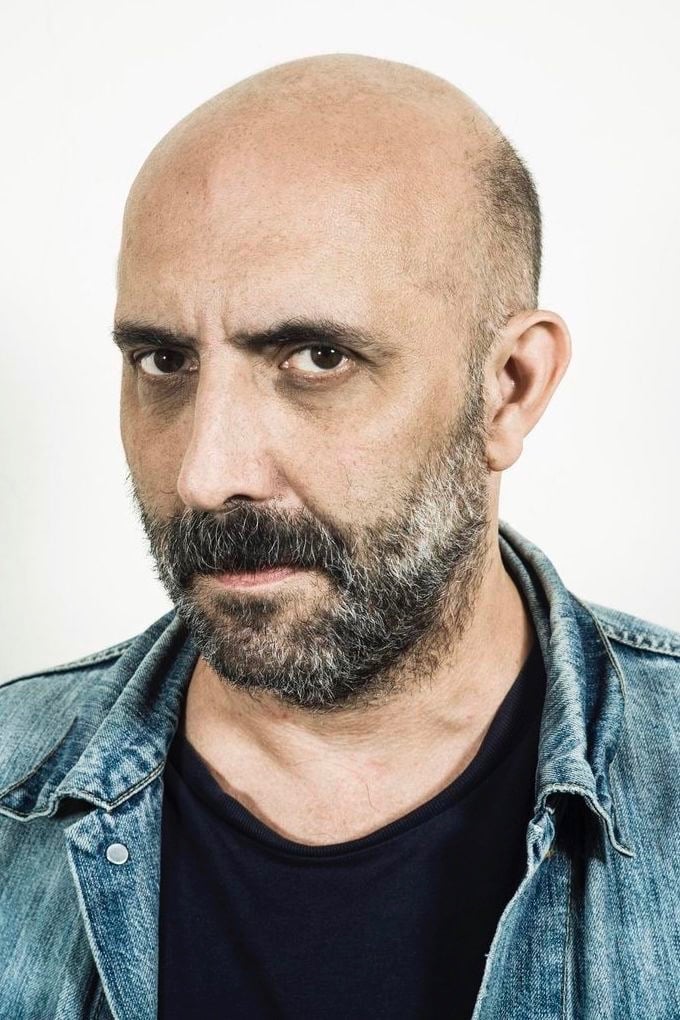

Gaspar Noé (born December 27, 1963) is an Argentine-Italian filmmaker who lives and works in France, where he has spent most of his life. The son of Argentine painter and intellectual Luis Felipe Noé, he graduated from Louis Lumière National College and is the visiting professor of film at the European Graduate School in Saas-Fee, Switzerland. Three of his films feature the character of a nameless butcher played by Philippe Nahon: Carne, I Stand Alone and (in a cameo) Irréversible. Carne was the recipient of the Critic's Award at the 5th Yubari International Fantastic Film Festival in February 1994. The films of Stanley Kubrick are one source of inspiration for Noé, and he occasionally makes references to them in his own works. Noé also cites the 1983 Austrian serial killer film Angst, by Gerald Kargl, as a major influence. He is married to filmmaker Lucile Hadžihalilović. His work has been linked to the New French Extremity.
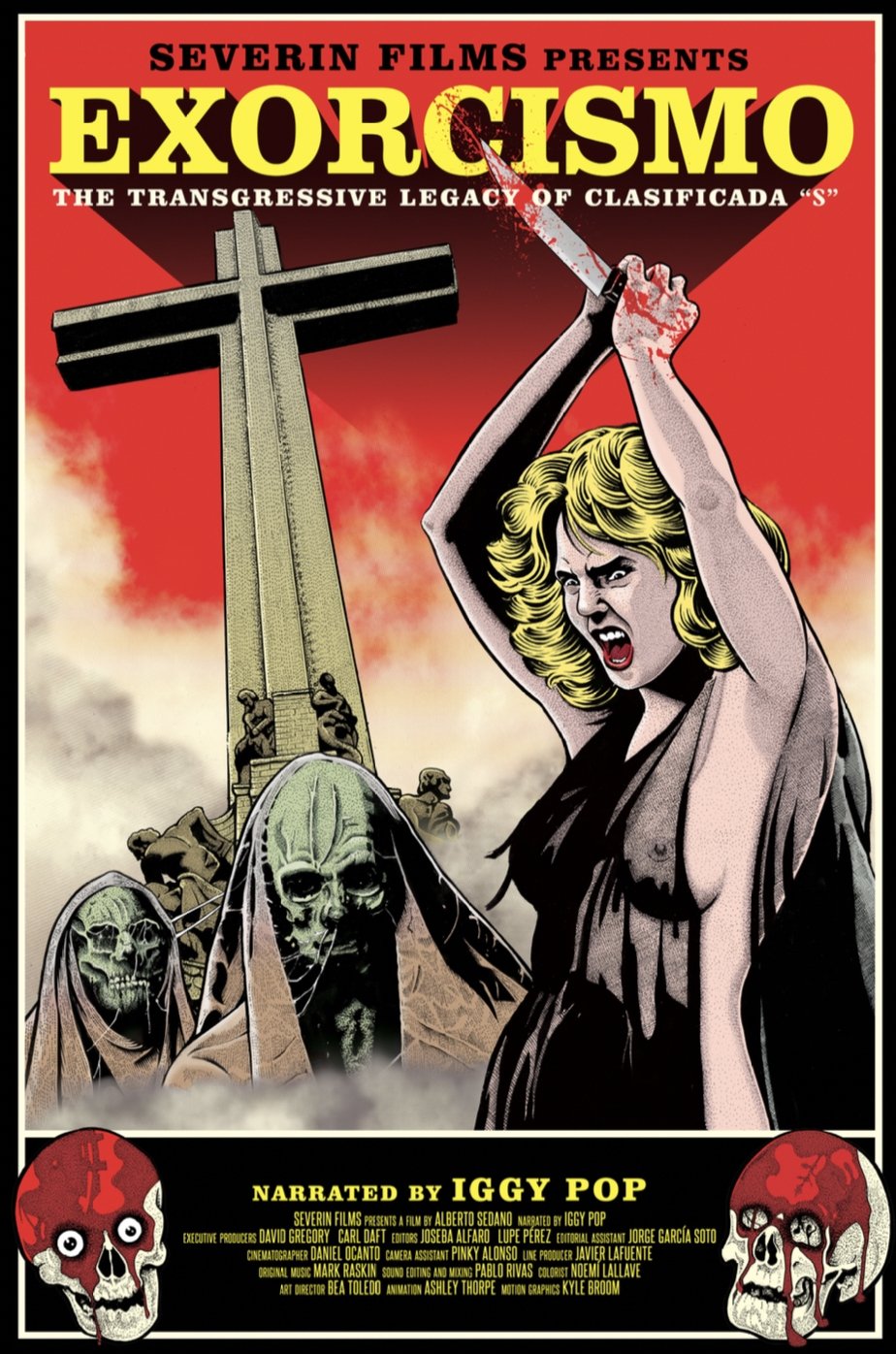
Franco's death in 1975 opened the doors to the possibility...
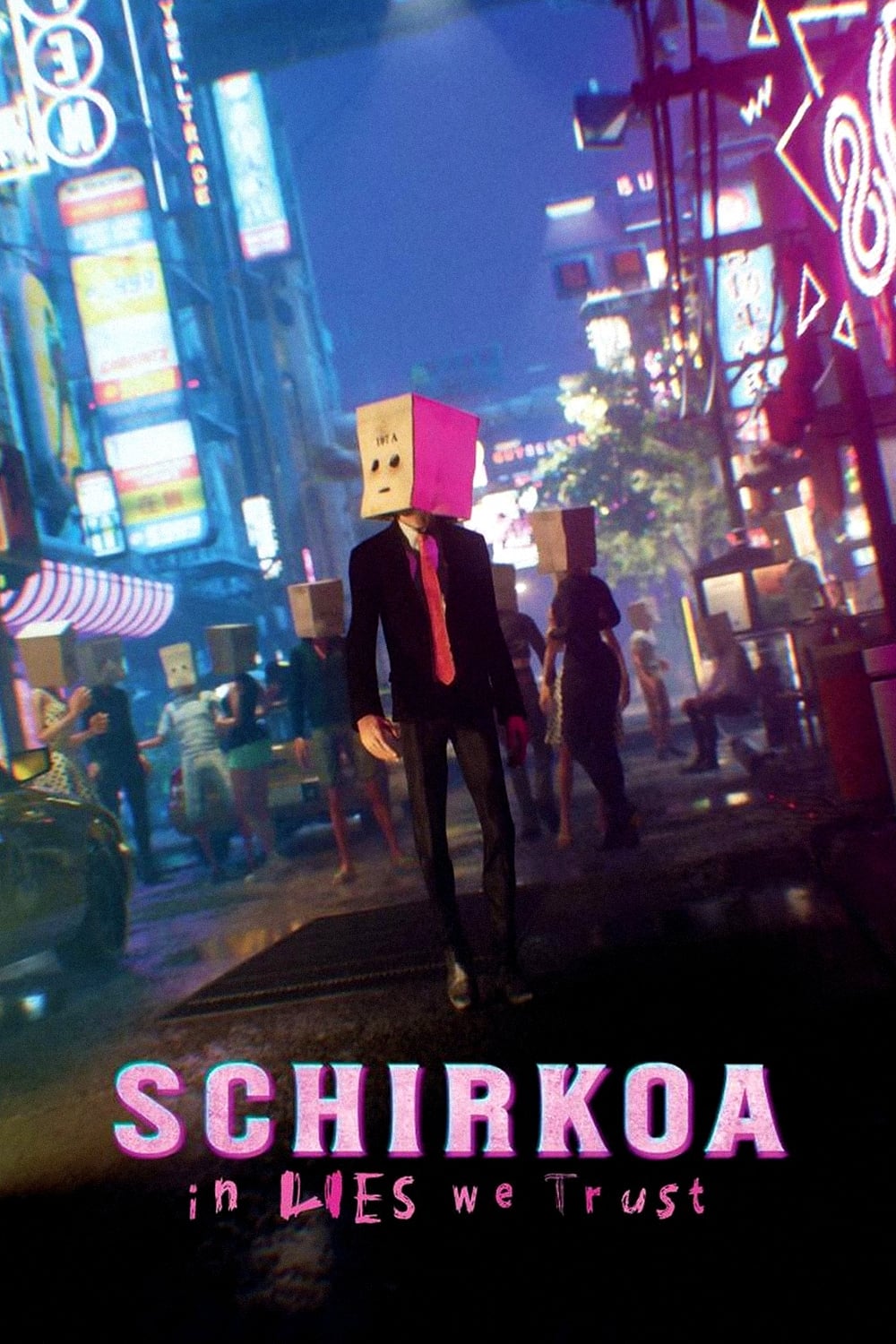
In a sophisticated near perfect society, citizens live with paper...
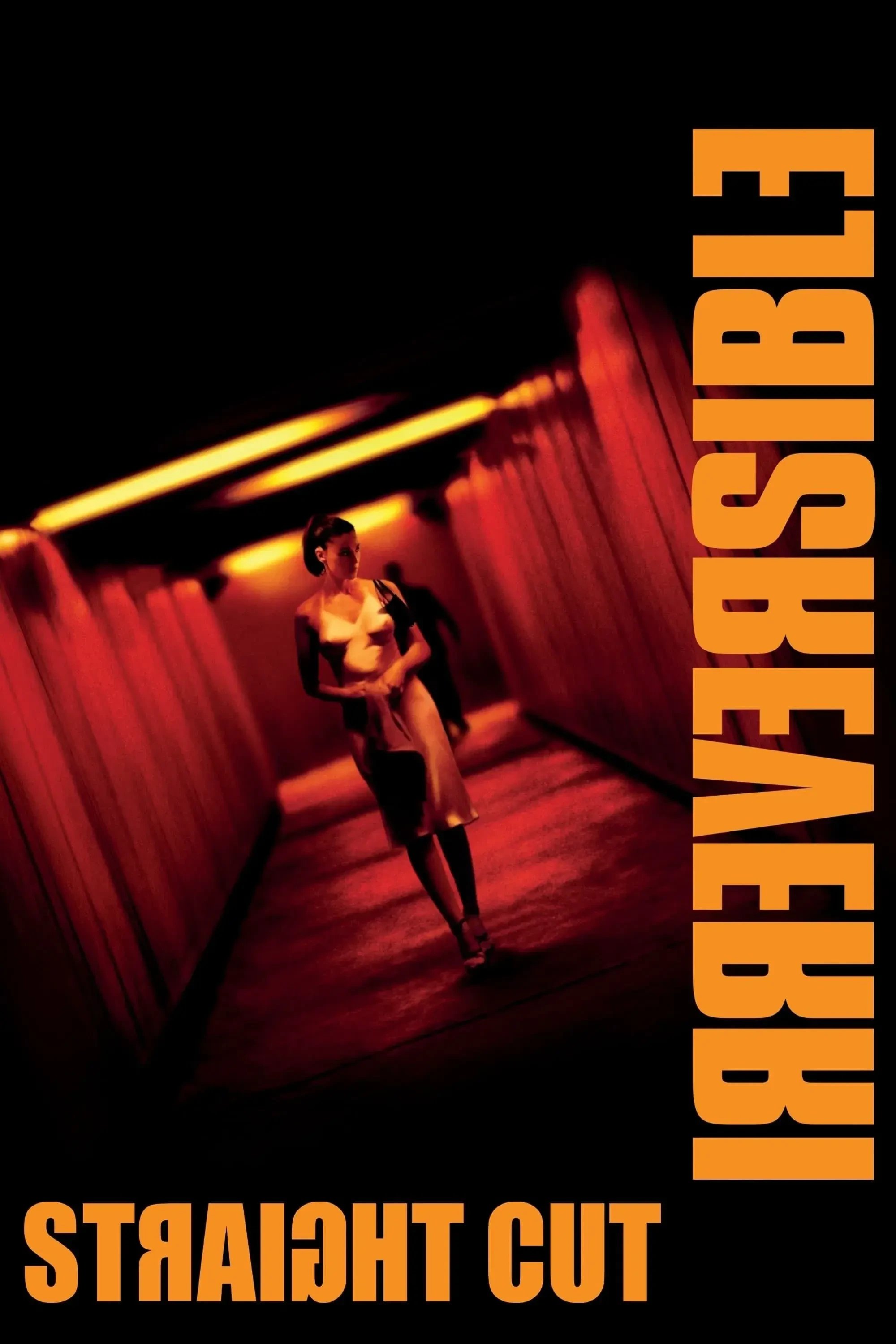
The chronological-cut of Gaspar Noe's controversial arthouse thriller, retelling the...
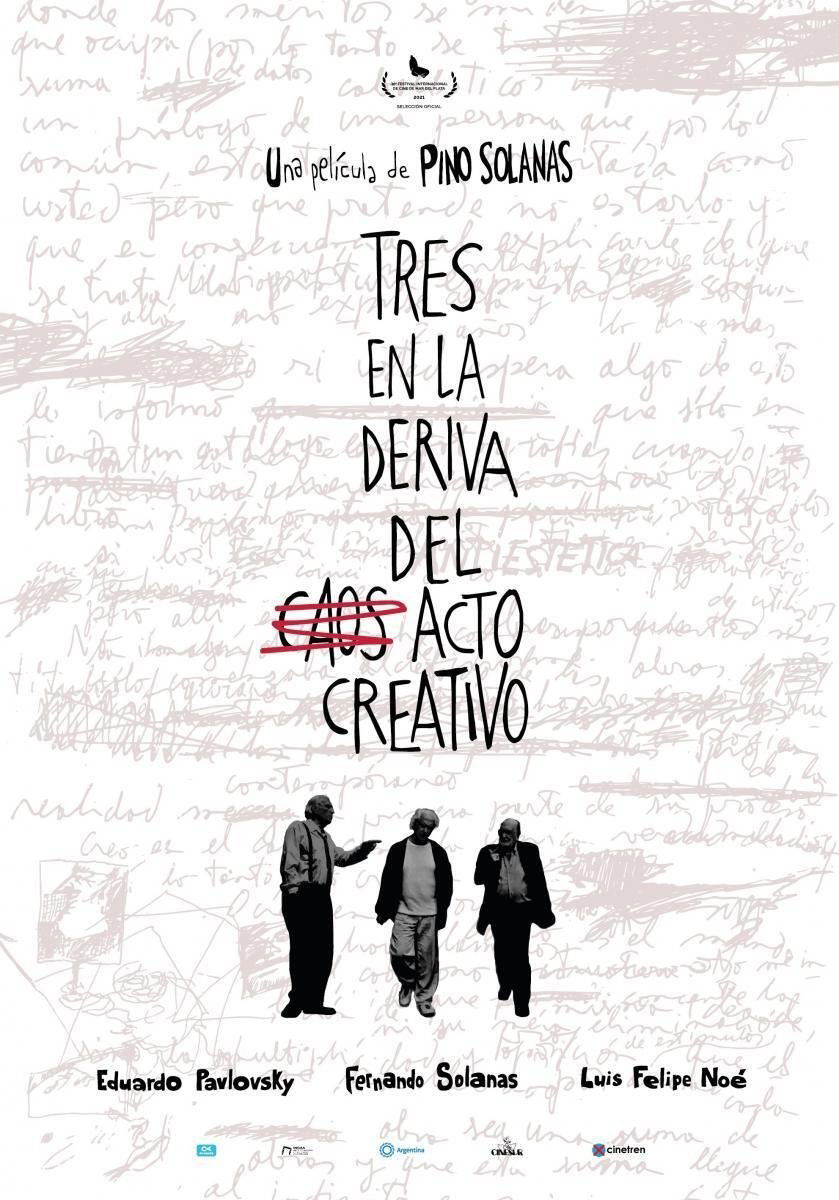
Last homage to the great director Fernando Solanas, dear to...
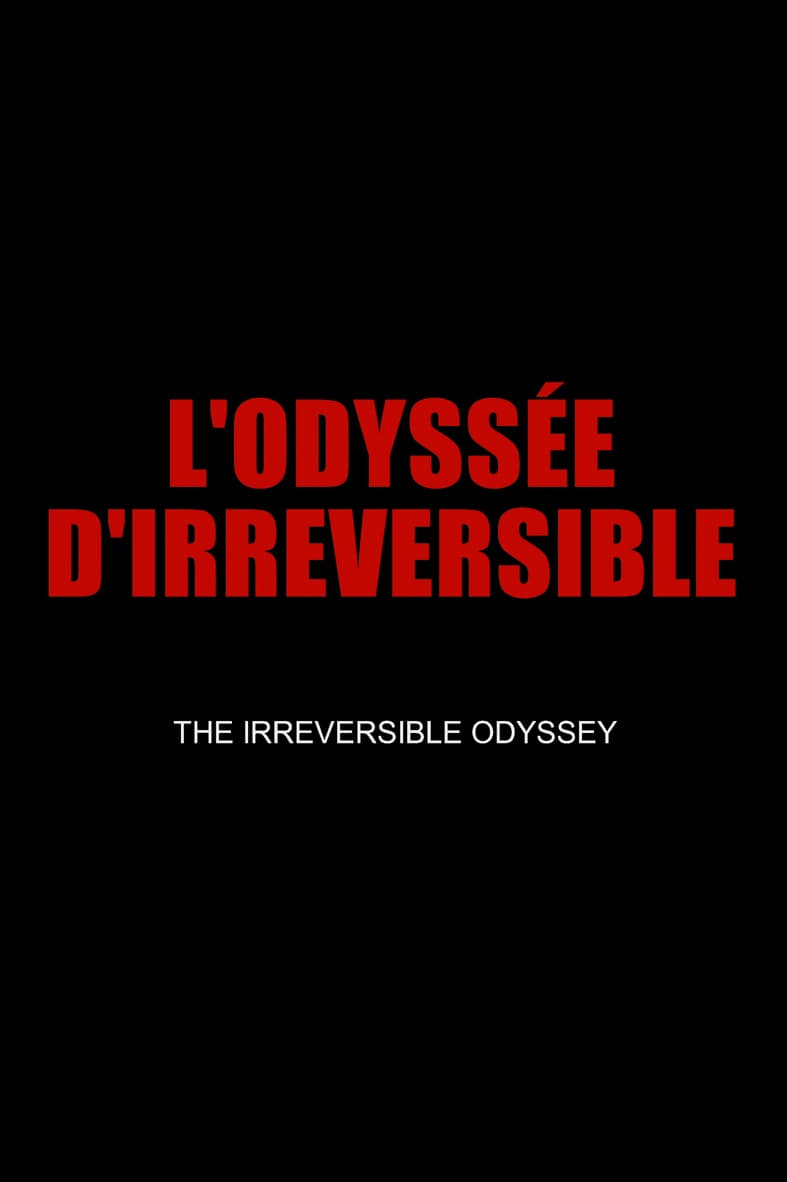
The Irreversible Odyssey is a retrospective documentary featuring interviews with...